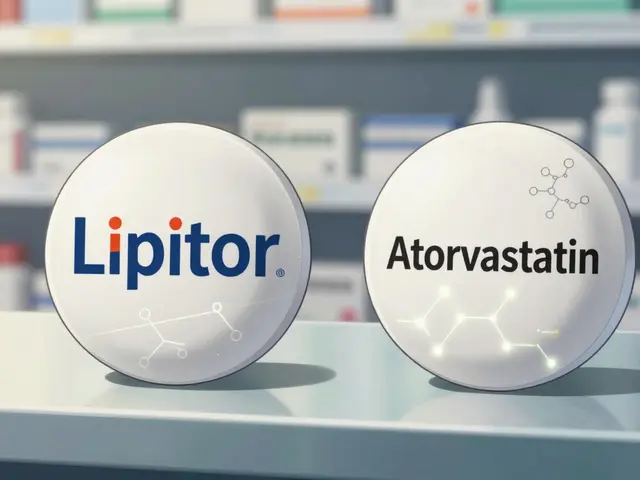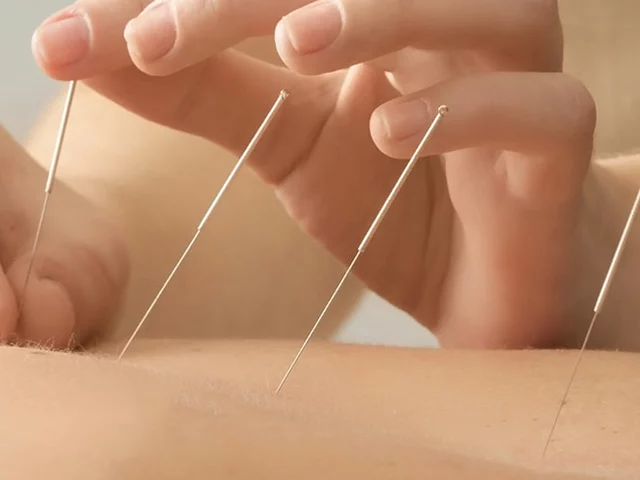Fact or Fiction: Spot the Truth About Medicines and Online Pharmacies
Heard a wild claim about a drug that cures everything? Or a website selling prescriptions with no prescription needed? Time to stop guessing. This page helps you tell real medicine facts from hype—fast, practical checks you can use on articles, ads, and online pharmacies.
Quick checks for medicines and pharmacies
First, look for clear signs of legitimacy. A legit online pharmacy lists a physical address, a licensed pharmacist contact, and requires a prescription for prescription drugs. If a site sells Tamiflu, Tadalista, or antibiotics without asking for a prescription, that’s a red flag. Check for registration with national regulators (like FDA or a national pharmacy board) or third-party seals—but click the seal to confirm it’s real.
Price alone doesn’t prove quality. Extremely low prices, flashy guarantees, and pressure to buy now are common tactics for counterfeit meds. Read product pages closely: real listings include active ingredient names (eg, tadalafil for Tadalista), doses, side effects, and interactions. If the page uses only brand names and buzzwords, be skeptical.
How to test a claim or ‘miracle’ treatment
Ask three quick questions: Who says it? Where’s the evidence? Who benefits? If a blog claims a supplement or drug is a miracle, check whether the source links to peer-reviewed studies or official guidance. Short news stories and marketing pitches rarely show useful data. For contested meds—like alternatives to blood pressure drugs or new supplement claims—look for recent clinical trials or regulator updates rather than forum praise.
Be careful with side-effect claims and mental health drugs. Articles about risperidone or montelukast should mention monitoring and possible side effects. That’s not fearmongering—it's a sign the writer knows the drug. For antibiotics like ciprofloxacin, simple checks include reading official dosing advice and avoiding interactions with calcium or iron supplements—then confirm with your prescriber.
When comparing alternatives (for example, drugs that replace Amlodipine or Synthroid), focus on three things: how the drug works, common side effects, and real-world costs or insurance coverage. Talk to your doctor about switching—online comparisons are a starting point, not a prescription.
Finally, use common-sense verification: search the site name plus words like “scam,” check reviews on independent platforms, and compare product claims with trusted sites like national health services or major medical centers. If something still feels off, ask a pharmacist or clinician directly before buying or trying it.
Want specific reads? Check our posts on buying Tamiflu safely, trusted peptide sellers, and reviews of online pharmacies like versandapo.de. Each one shows practical checks you can copy next time a bold claim lands in your feed.
I recently came across a fascinating topic on the benefits of acupuncture for erectile dysfunction. There's some debate whether it's a fact or just fiction. Studies have shown that acupuncture can help improve blood flow and stimulate the body's natural healing process, which may lead to better sexual performance. However, more research is needed to confirm its effectiveness. If you're experiencing erectile dysfunction, it might be worth exploring acupuncture as a potential treatment option, but remember to consult with a medical professional first.
Read more






